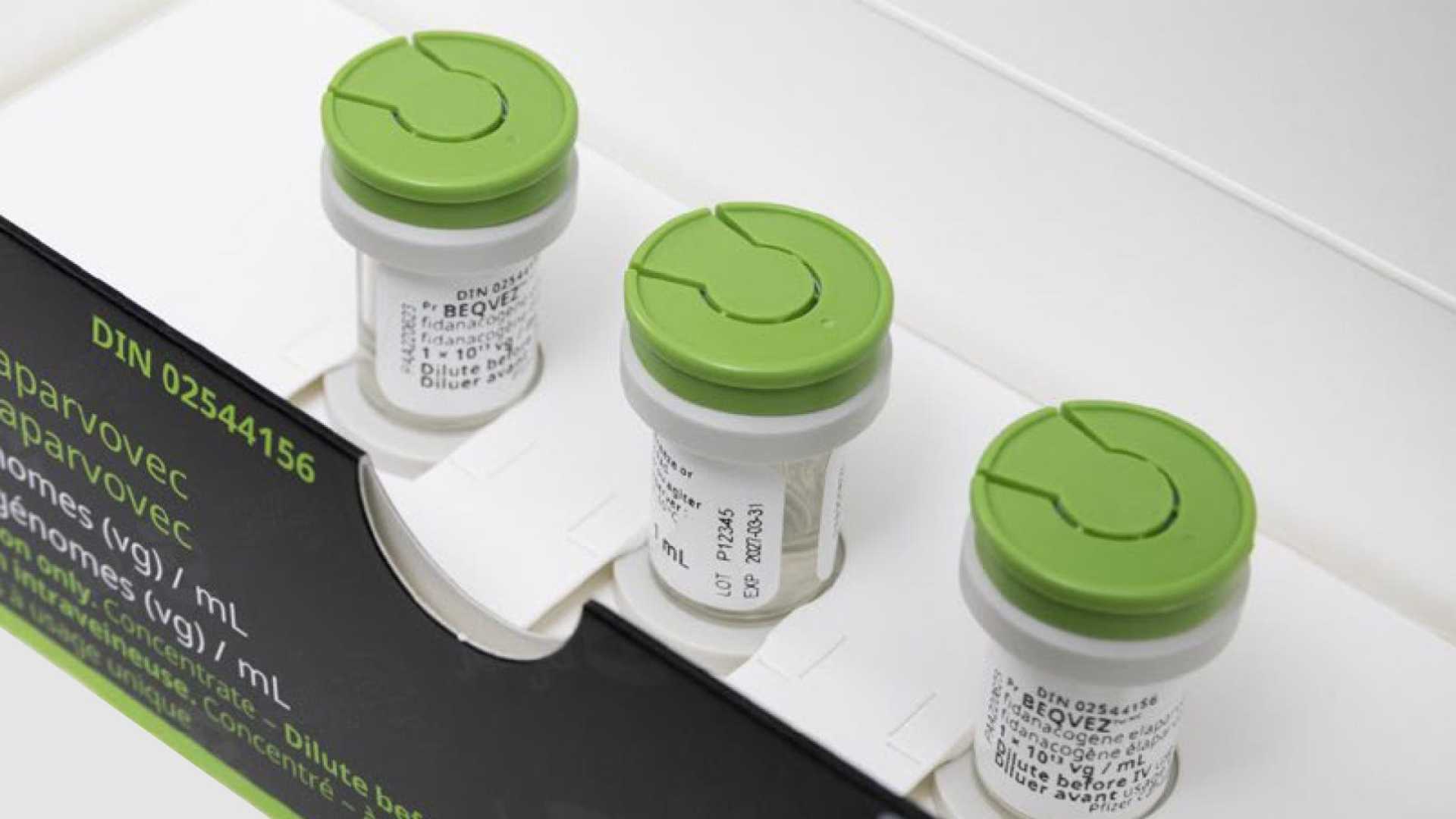Health
Pfizer Halts Development of Hemophilia Gene Therapy Beqvez

NEW YORK, N.Y. — Pfizer announced on Thursday that it will cease all development and commercialization activities for its hemophilia B treatment, Beqvez. The decision comes after the company cited a lack of interest from patients and healthcare providers in gene therapies for hemophilia.
Beqvez, a one-time gene therapy approved for treating adults with moderate to severe hemophilia B, will no longer be offered as Pfizer redirects its efforts toward other initiatives, particularly Hympavzi, a recent injectable drug that aims to prevent bleeding episodes in patients with both hemophilia A and B.
The withdrawal from the hemophilia market marks a significant strategic shift for Pfizer, which also recently terminated its co-development agreement with Sangamo Therapeutics for a hemophilia A gene therapy. This decision follows disappointing results from earlier clinical trials and a broader reconsideration of the practicality of gene therapies for bleeding disorders.
“The limited interest patients and their doctors have demonstrated in hemophilia gene therapies to date is a key factor in this decision,” a Pfizer spokesperson stated. Both Hemgenix for hemophilia B and Roctavian for hemophilia A have seen slow sales since their approvals. CSL Behring, which markets Hemgenix, has not disclosed specific sales numbers, while BioMarin reported $26 million in revenue for Roctavian.
Hemophilia patients currently have access to a range of effective treatments, and experts caution that logistical challenges, high costs, and ongoing uncertainty about the efficacy of gene therapies are deterring many from pursuing these options. Gene therapies offer the potential for long-term control of bleeding by delivering functional copies of defective genes but also present limitations, including the possibility of patients being able to try only one therapy.
In light of its halt with Beqvez, Pfizer stated it will continue to support patients previously engaged in its trials and is in contact with Roche, which acquired Spark Therapeutics, about next steps regarding Beqvez. The company remains committed to keeping patients informed during this transition.












